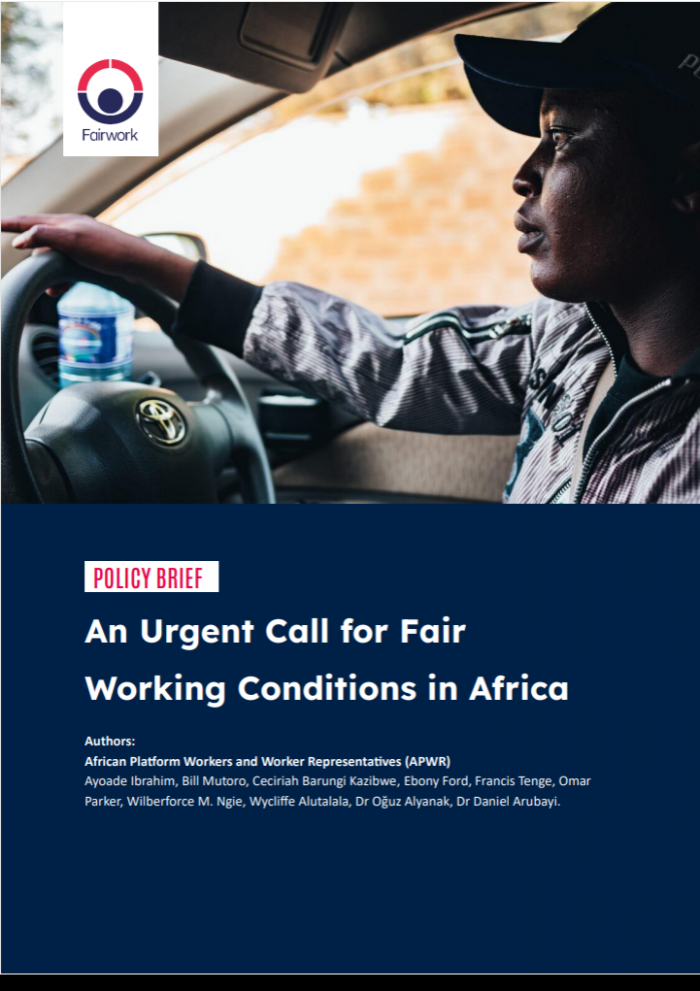

The second Fairwork Tanzania report evaluates the working conditions of 13 platforms in various sectors like ride-hailing, food delivery, and home services.
These platforms are assessed against the five principles of Fairwork – fair pay, fair conditions, fair contracts, fair management, and fair representation — with each given a fairness rating out of ten. Paisha and Zanzicab were the only ones to score points (two each). The others could not evidence they meet any criteria of decent work.
This year, one platform, Paisha, agreed to make some voluntary improvements to their contracts and management practices. However, the poor overall results highlight the need for policymakers to ensure accountability from platforms and improve overall conditions in the sector.